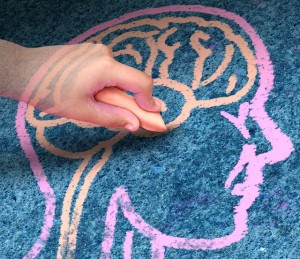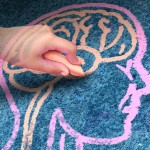How to Reprogram Your Mind

While we may never understand the brain in its entirety, neuroscience has begun to map it to the point where we can unravel many of its mysteries and turn its inner workings to our direct and conscious advantage. The brain, as part of nature, is governed by scientific laws whose themes can be seen reflected throughout the universe. Likewise, as is true of most entities in nature, the brain can restructure and heal itself.
In previous decades, science did not give the brain half enough credit in this area, and assumed that it was far more “static” than it is, unable to heal itself or adjust itself significantly after a certain age. This is actually quite false, giving new hope to those suffering from the lasting effects of trauma and mental illnesses.
This newfound ability of the brain, dubbed neuroplasticity, shows we all have an innate ability to restructure the gray matter of our brains with directed, conscious action, i.e., through what we think, say, and do. This reshapes our emotional responses on a molecular level, teaching them how to innately respond to the same situation when it arises again; in effect, changing how we feel about an event, our “felt experience” of an event, physically restructures the gray matter of our brains.
This allows psychologists today a more direct and effective way of treating even the most stubborn of behavioural problems, such as addictions, post-traumatic stress disorder (PTSD) and obsessive-compulsive disorder (OCD), by literally “re-wiring” the brain to respond in a more neurotypical way—more like a “normal” brain would respond to the same stimuli. When it comes to treating OCD, for example, neuroscientist Dr. Jeffrey Schwartz has crafted a four-step “response prevention” cognitive-biobehavioral treatment approach which aims to alter the body’s rigid fear-based response patterns.
These methods are not merely useful to those with OCD and other serious mental illnesses, however; most of us have problematic behaviours we would like to change, and the four steps outlined below can therefore help anyone seeking to regain mastery of his or her self: More…
brain reprogramming, change your mind, mind reprogramming, neuroplasticity, re-wire brain, re-wiring brain, reprogram your brain, reprogram your mind





